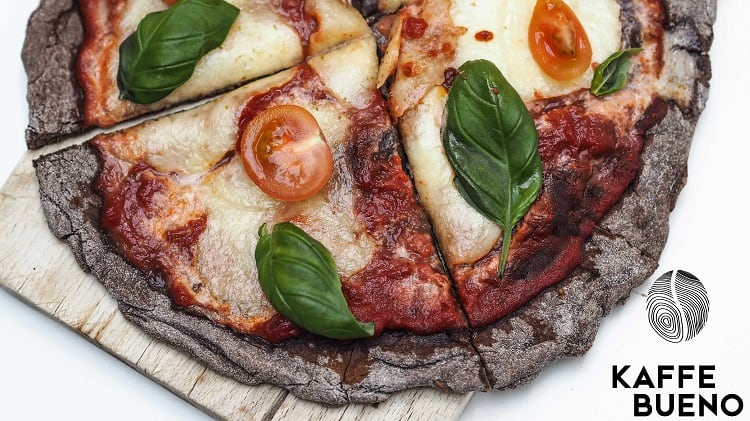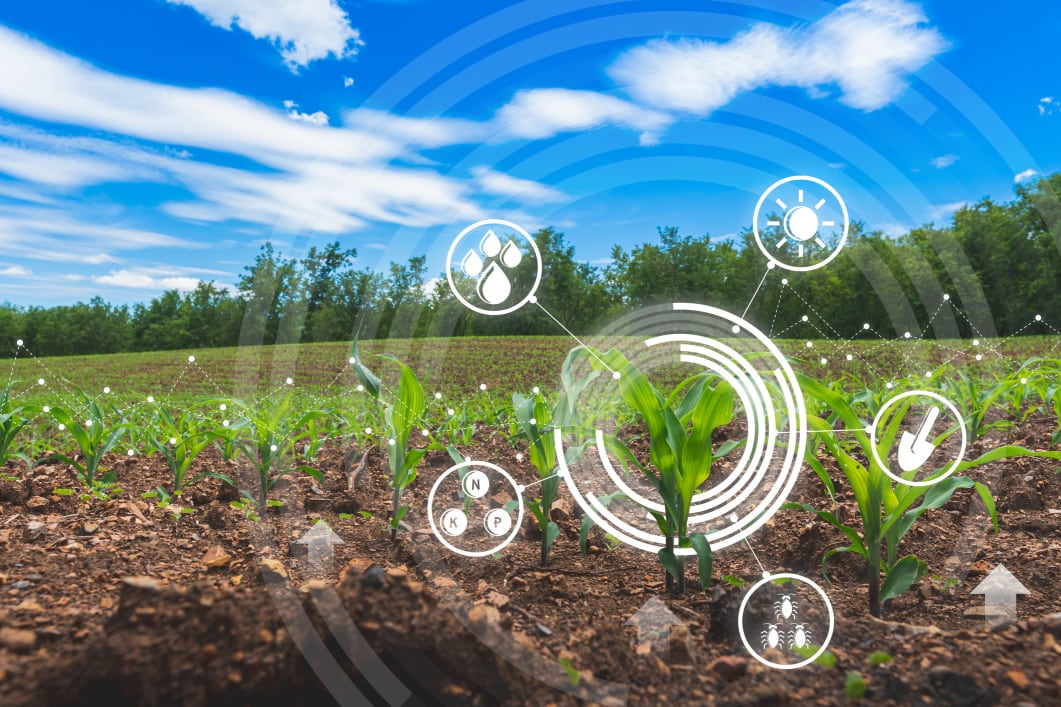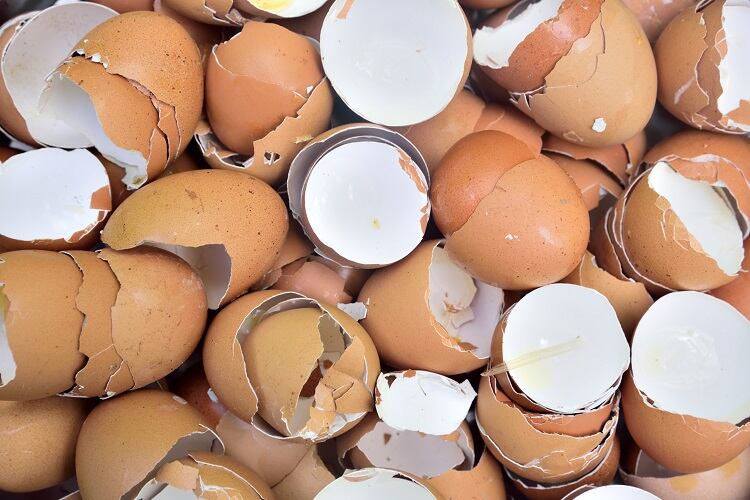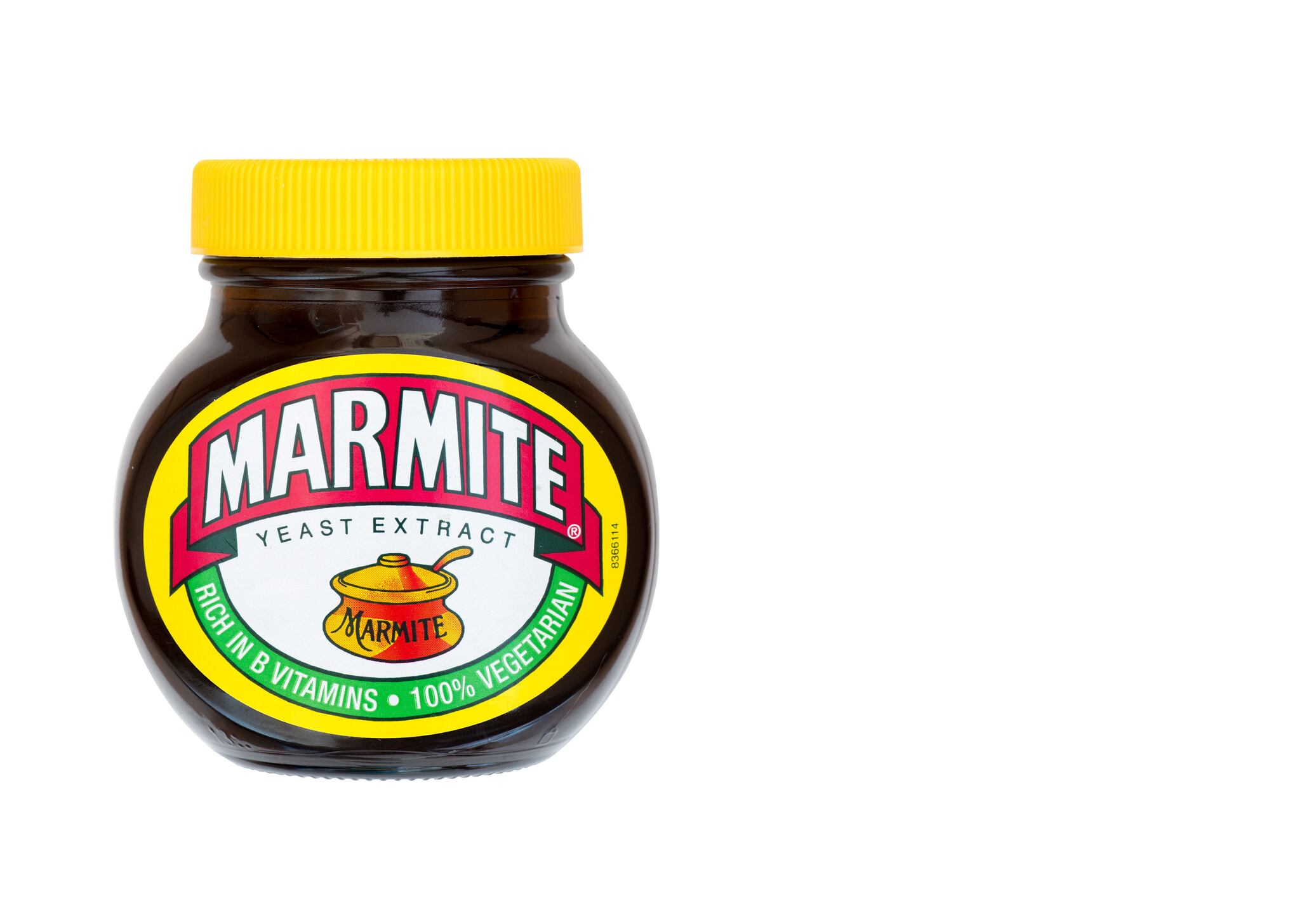The seed round was led by the investment arm of Finnish food and drink company Paulig Group (PINC), the Danish state’s investment fund Vækstfonden, European ag tech accelerator fund The Yield Lab, and a Danish business angel.
According to Kaffe Bueno, the €1.1m will be put towards scaling up production, increasing headcount, cover the costs of securing intellectual property rights, and 'further process and product development'.
Concerning the start-up’s upcycled flour made from spent coffee grounds, Kafflour, co-founder and COO Alejandro Franco told FoodNavigator the plan is to scale up production to meet current demand from food makers in the Nordics and Western Europe.
Fighting food waste with coffee
More than 9bn kilograms of coffee is traded globally every year, over 30% of which is consumed in the UK. Yet less than 1% is used to brew coffee. The leftover 99%, which remains intact in the coffee grounds, is treated as waste – with the majority ending up in landfill.
In Northern Europe, Denmark consumes more than 50,000,000kg of coffee per year. Rather than go into landfill, most of it ends up as biogas to produce energy. However, incinerating coffee grounds generates ‘tons of C0₂’, according to Kaffe Bueno, which stresses that in doing so, ‘the real value of coffee is still undermined’.
In fact, a ‘whole spectrum’ of bioactive molecules are present in what is typically disregarded as coffee ‘waste’, argue the three Colombian entrepreneurs that launched Kaffee Bueno in Denmark in 2016: CCO Alejandro Franco , CFO Camilo Fernandez, and CEO Juan Medina.
“The power of coffee is amazing. Growing up in Colombia, coffee is much more than a beverage, we use it for everything: wounds, skincare, desserts, you name it,” said Medina.
“Our goal is to play an important role in the up-and-coming bioeconomy by unlocking the health potential of coffee, using its by-product and upcycle it into health-promoting ingredients.”
One of these ingredients, Kafflour, is designed for use in healthy baking. With the closure of Kaffe Bueno’s seed funding round, Medina said the business can ‘really switch the gears’, scale up production to meet customer demands, and accelerate the development of its ‘next wave’ of products.
Baking with coffee?
Kafflour is an upcycled, gluten-free flour made from spent coffee grounds. The ingredient is caffeine-free, low in fat, rich in proteins, insoluble dietary fibres, and potassium.
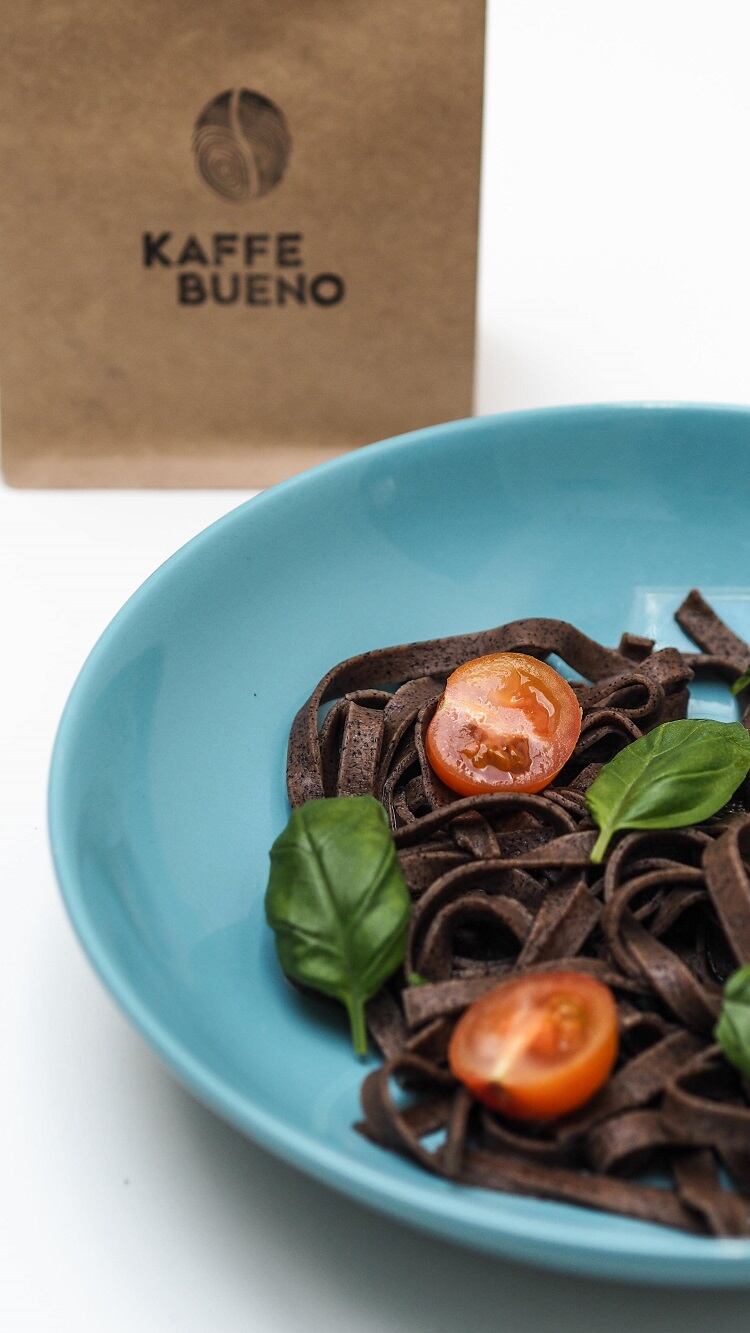
To make Kafflour, Kaffe Bueno sources coffee grounds from Paulig Coffee – the coffee arm of Paulig Group – in Finland. Using spent grounds ‘full of bioactive compounds’, Kaffe Bueno extract oil from the dried, recycled grounds and sterilises them with CO₂. The leftover product, once the oil has been extracted, is what the start-up markets as Kafflour. “There is no excess or residue,” CCO Franco explained.
The finished product has a strong nutritional profile. Per 100g, Kafflour contains 72.6g of dietary fibre, 15g of protein, and is a source of calcium, magnesium, phosphorous and potassium.
Indeed, the start-up claims that gram-to-gram, Kafflour has twice as much protein as brown rice flour, more fibre than whole grain wheat flour, fewer calories compared with buckwheat flour, less fat than coconut flour, and more potassium than a banana.
In terms of product formulation, Kaffe Bueno says key applications cover bakery and confectionery, and well as pizza and pasta, and healthy snack bars.
Without disclosing specific company names, Franco revealed Kafflour will soon hit the market in rye breads, high-protein and high-fibre bars, cakes and pastries, and crispbreads.
Does it impart a coffee taste into foods? According to the start-up, the coffee taste is mostly lost in the oil extraction process. Further, the product is ‘much finer’ than coffee, as Kaffe Bueno further mills the defatted coffee ground.
Looking beyond food
Kaffe Flour is just one of three ingredients developed by Kaffe Bueno.
Kaffe Bueno Oil, a lipid used in personal care and food products, is used as an ingredient in cosmetic brands across Denmark, the Netherlands, Germany, Austria, the US, and the UK.
In June this year, the start-up partnered with Swiss fragrance and flavour house Givaudan to globalise this core product. Givaudan markets Kaffe Bueno’s oil under the tradename ‘Koffee’Up’.
Another ingredient, Kaffifibre, has also been developed by the Denmark-based entrepreneurs. The upcycled natural exfoliant for cosmetics is also derived from recycled coffee grounds, which are pretreated and defatted by Kaffe Bueno. “It acts as a natural exfoliating agent in personal care products, such as scrubs, masks, soaps and cleansers,” noted the firm.
Moving forward, Franco confirmed that scaling up production was high on the agenda. “We have just scaled up substantially by partnering with Paulig, which apart from being the leading investor of our seed round – through their venture capital arm PINC – have also been supplying us the raw materials needed.
“In the future, we aim to upcycle different types of coffee by-products from industrial partners.”


